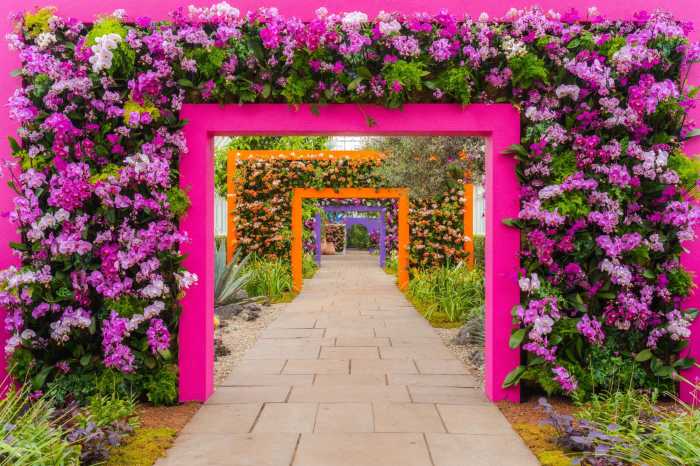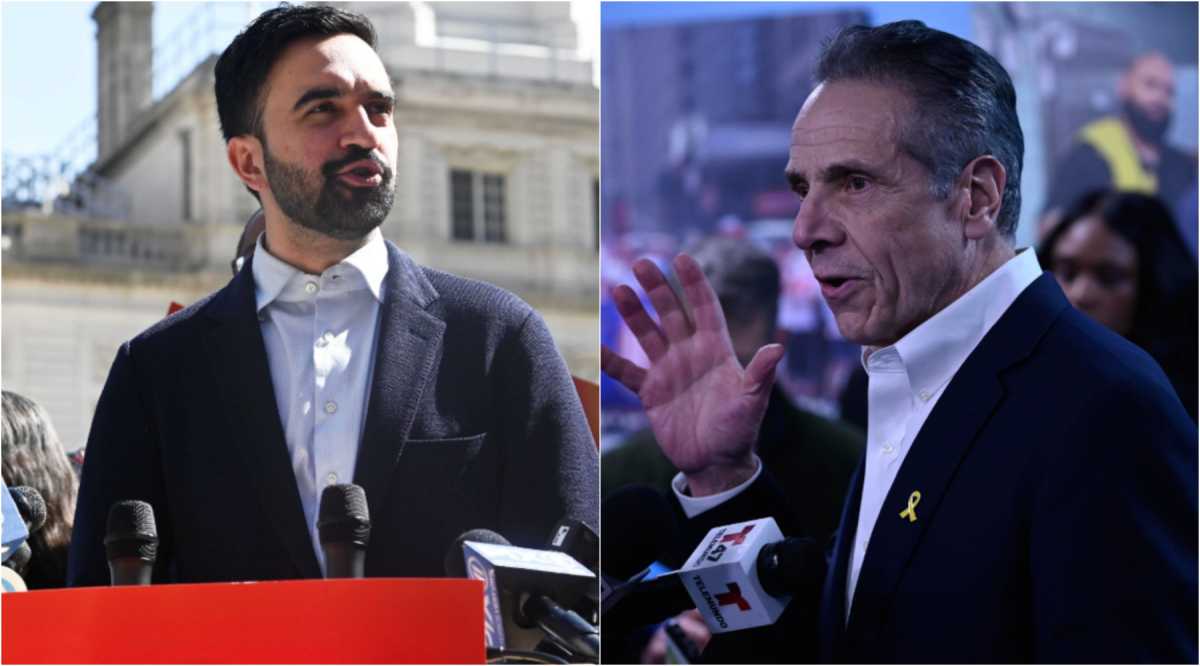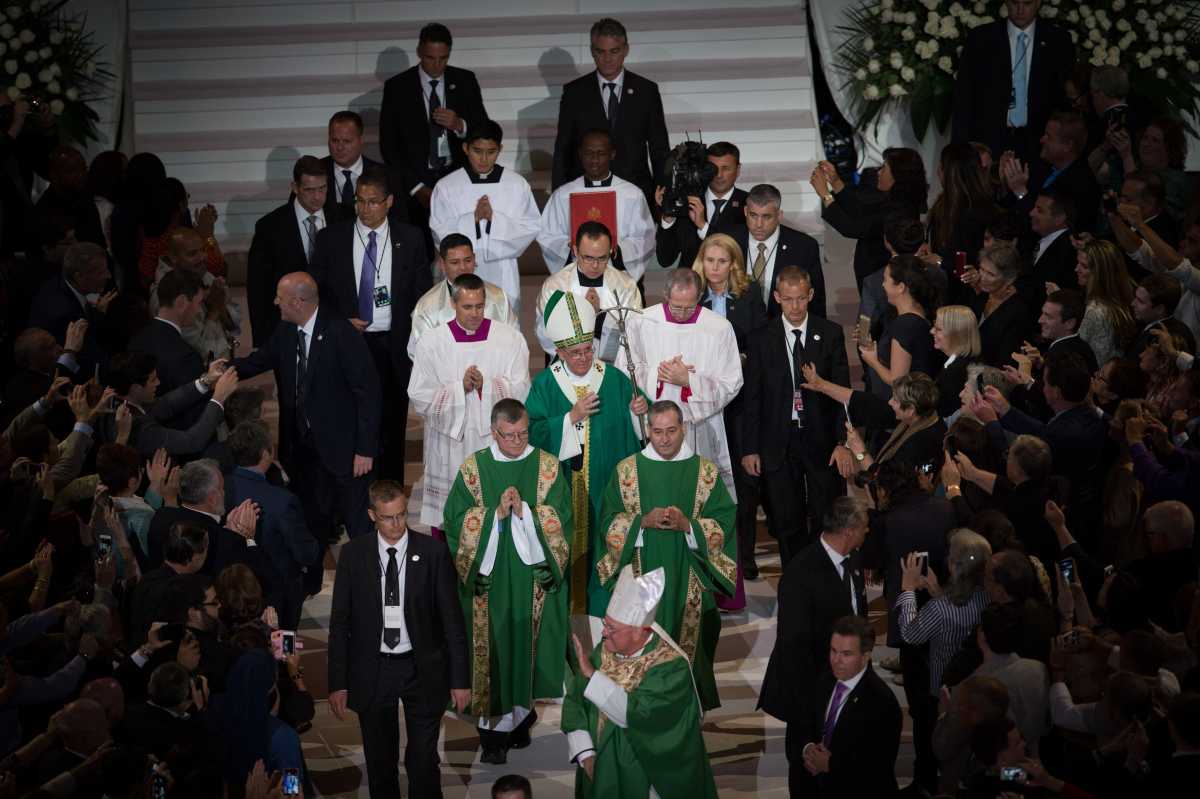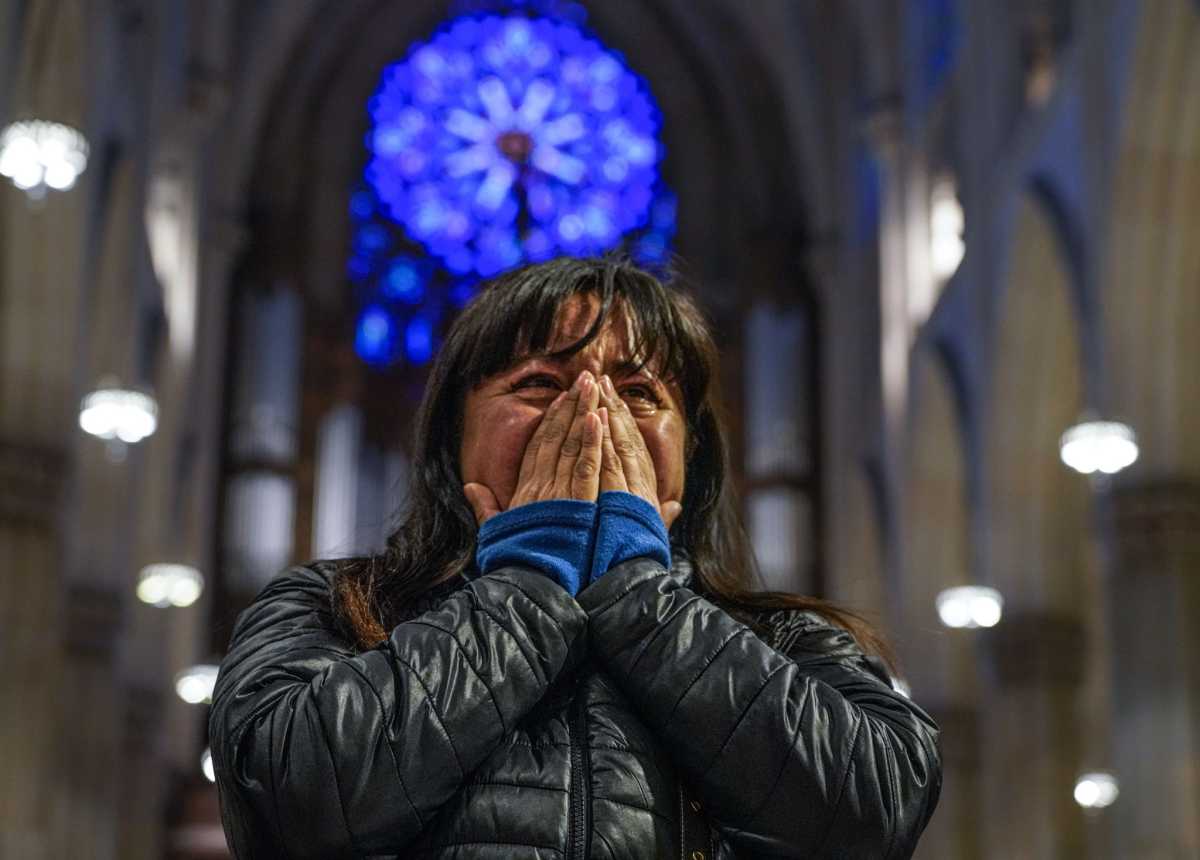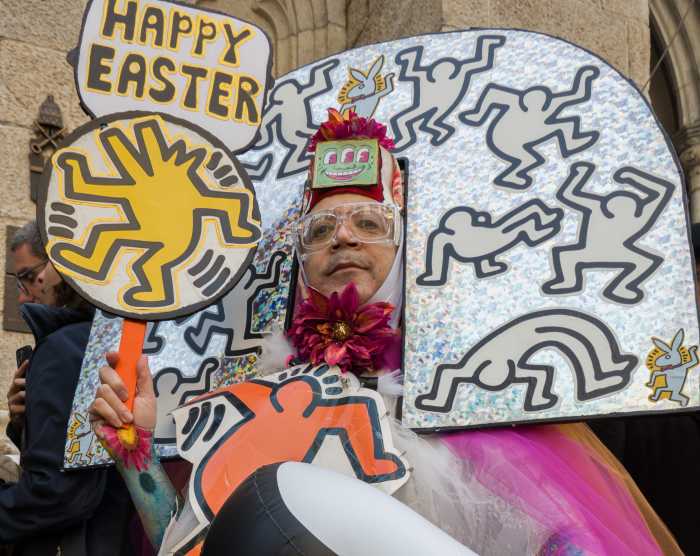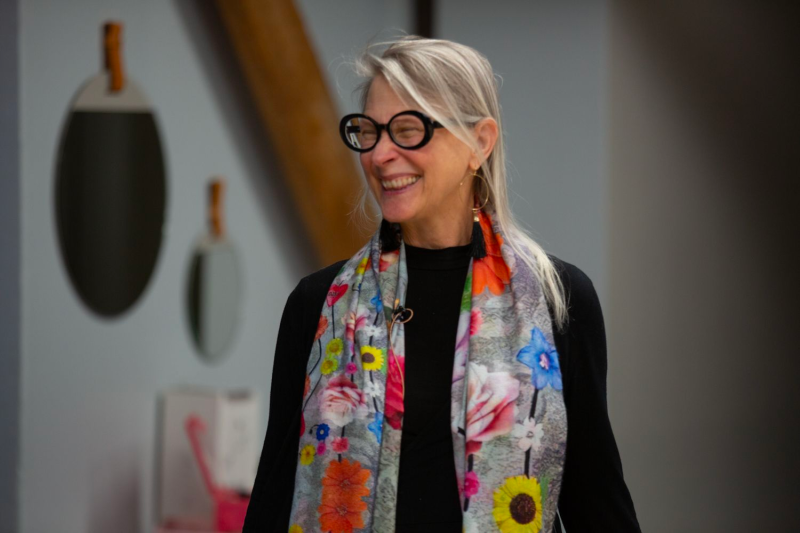TRIPOLI (Reuters) -Libya’s eastern-based parliament said on Tuesday it had withdrawn confidence from the unity government, though it would continue to operate as a caretaker administration, signalling a threat to the months-long peace process.
The vote in the House of Representatives exemplifies the wrangling between rival factions and state bodies that has plagued U.N.-backed efforts to resolve Libya’s decade-long crisis by establishing a unity government and holding national elections.
Prime Minister Abdulhamid Dbeibah addressed supporters in Tripoli late on Tuesday, accusing some parliament members of being obstructionists who bring evil and destruction to the country.
“Legitimacy rests with you the people… it is you who will decide in the elections,” he said.
In 2014, eastern and western factions split Libya in two in a civil war, with an internationally recognised government in Tripoli and a rival administration backed by the House of Representatives in the east.
Dbeibah’s unity government was selected through a U.N.-sponsored dialogue and his government was installed by the House of Representatives in March, replacing the two warring administrations.
Dbeibeh has a mandate to unify state institutions, improve government services and prepare for national presidential and parliamentary elections.
However, on Tuesday, after parliament summoned Dbeibeh and his ministers to answer questions this month, 89 of the 113 members present voted to withdraw confidence in him, the chamber’s spokesman and several other parliament members said.
The U.N. forum decided that presidential and parliamentary elections should take place on Dec. 24, but disagreements now rage over the legal basis for the votes and the laws that will govern them.
This month, parliamentary speaker Aguila Saleh said the House of Representatives had passed a law for the presidential election, though it did not hold a final vote on the bill.
The validity of that law was promptly challenged by the High Council of State based in Tripoli, in the west, which produced its own, alternative election law.
The House of Representatives, which was elected seven years ago but divided when Libya split, has not yet produced a law for a parliamentary election.
The UN Libya mission said the unity government would remain the legitimate administration until it was replaced through a regular process following elections.
It added that the House of Representatives should finalise a parliamentary election law in the course of next week and “refrain from any action that could undermine the electoral process and the country’s unity, security and stability”.
(Reporting by Ayman al-Warfali in Benghazi and Ahmed Elumami in Tripoli, writing by Angus McDowall; Editing by Kevin Liffey and Marguerita Choy)









